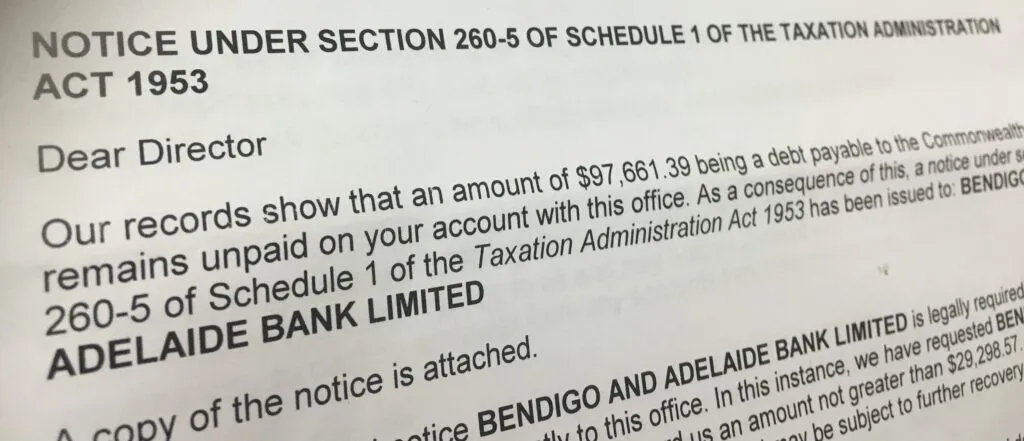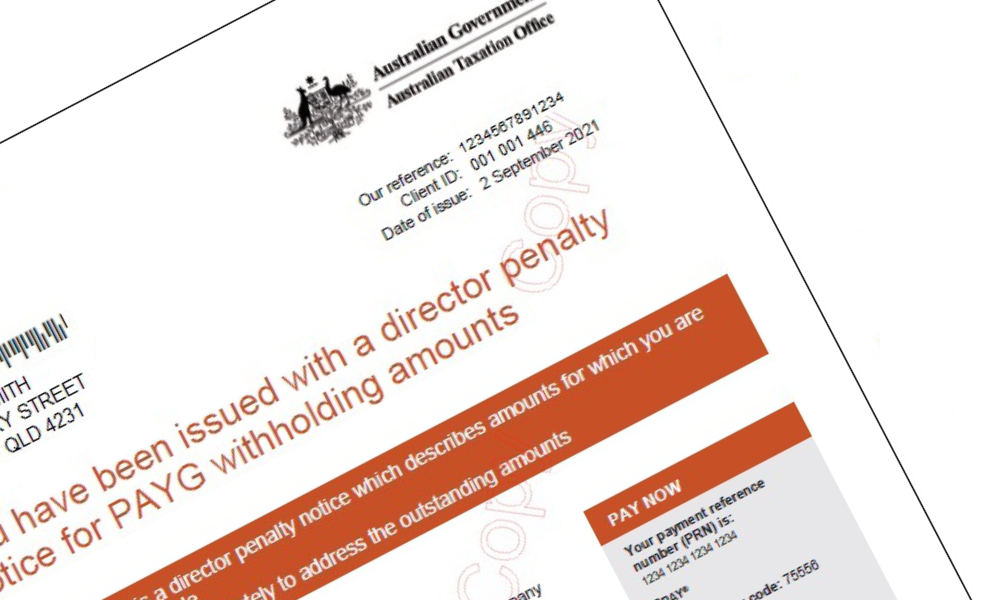Avoiding insolvency is crucial for the sustainability and success of small businesses and the whole economy in Australia, and with many economists anticipating a sharp increase in small business insolvency, administrations and closures in 2024, we have put together 10 ways owners can help to minimise the risk on their business, customers and employees.
How you can reduce insolvency risk: 10 ways
1 Effective Cash Flow Management Helps Reduce the Risk of Insolvency:
- Monitor and manage cash flow regularly.
- Implement efficient invoicing and payment collection processes.
- Negotiate favourable payment terms with suppliers.
- Keep on top of bills and avoid late payment fees and interest charges.
2 Budgeting and Financial Planning Helps Reduce the Risk of Insolvency:
- Develop a realistic budget and stick to it.
- Conduct regular financial reviews to identify potential issues.
- Plan for both short-term and long-term financial goals.
3 Diversifying Revenue Streams Helps Reduce the Risk of Insolvency:
- Avoid over-reliance on a single customer or market segment.
- Explore new products or services to expand your offerings.
4 Monitoring and Controling Expenses Helps Reduce the Risk of Insolvency:
- Regularly review and optimize operational expenses.
- Consider cost-sharing agreements or partnerships.
5 Credit Management Helps Reduce the Risk of Insolvency:
- Carefully assess the creditworthiness of customers before extending credit.
- Establish clear credit terms and policies.
6 Risk Management Helps Reduce the Risk of Insolvency:
- Identify and assess potential risks to your business.
- Implement risk mitigation strategies, such as insurance coverage.
7 Legal Compliance Helps Reduce the Risk of Insolvency:
- Stay informed about regulatory requirements and comply with them. Unexpected fines can have a severe impact on cashflow.
- Seek legal advice to ensure compliance with contracts and agreements.
8 Professional Advice Helps Reduce the Risk of Insolvency:
- Consult with financial advisors, accountants, and business consultants.
- Seek advice early if financial difficulties arise.
9 Building Strong Relationships Helps Reduce the Risk of Insolvency:
- Foster strong relationships with suppliers, customers, and creditors.
- Open communication can lead to better support during challenging times.
10 Finding Support Helps Reduce the Risk of Insolvency:
- Seek out government rebates, subsidies and scheme that are their to support and benefit your business.
- Don’t be proud when looking for support. Government schemes are created to benefit the whole community not just to keep your doors open, so if you qualify it is because the government recognise the benefit to the wider community in you continuing to trade.
Remember, early detection of financial challenges is key to avoiding insolvency. If signs of distress arise, seek professional advice promptly, time is one of the greatest weapons in combatting financial hardship, so act fast and ask for help.



